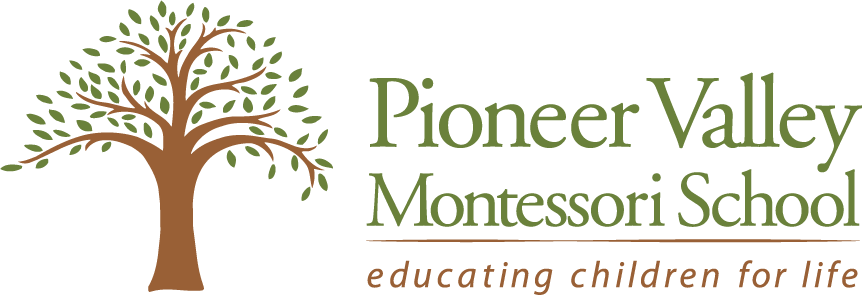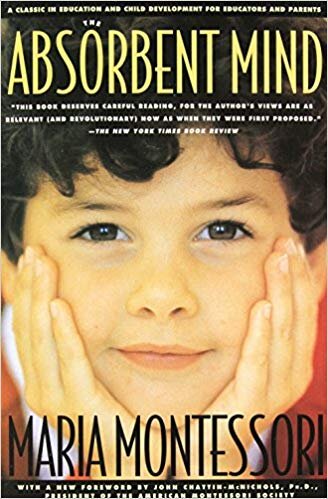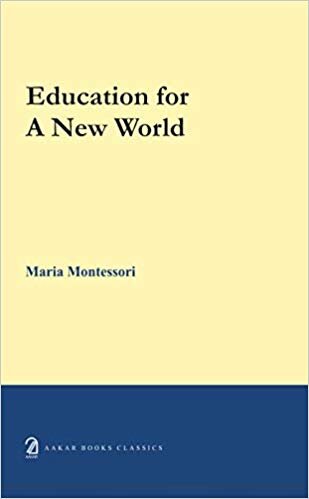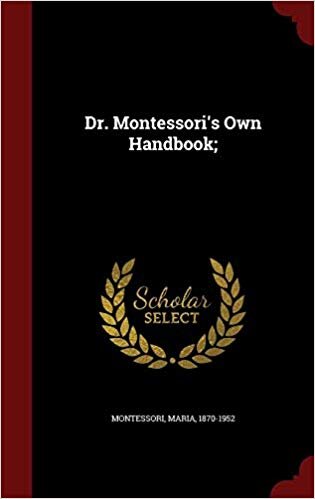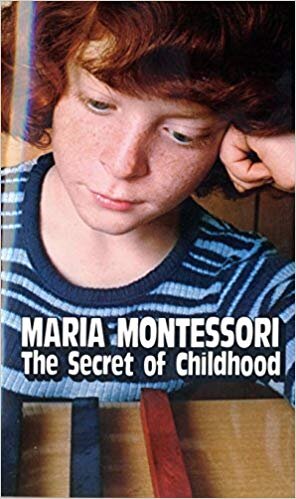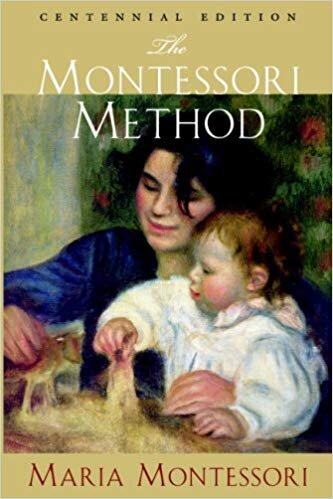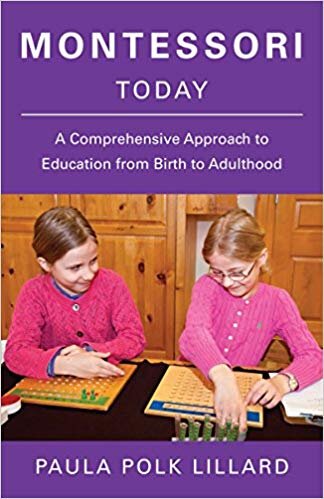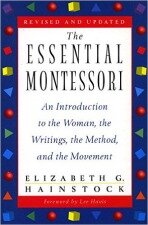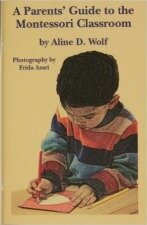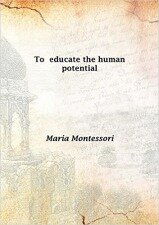The Montessori Method
Maria Montessori, MD
1870 - 1952
“Early childhood education is the key to the betterment of society”
dr maria montessori…
Dr. Maria Montessori was the first woman to earn her medical degree in Italy.
Because she was a doctor, Maria Montessori looked at education from a scientific level and her “Montessori Method” is based on milestones in child development. She believed that education should prepare a person for all aspects of life.
She designed materials and techniques that would promote a natural growth of learning in students. They are common to all Montessori classrooms. Working with these materials and techniques forms a pattern that children carry over naturally to reading, writing, and mathematics. Each skill is developed to interlock with another.
She also understood that all children are born with unique strengths and challenges and they learn best when their education is individualized; her guiding principle being “follow the child.” Dr. Montessori opened the first school employing this methodology in 1907, the model of which is still used successfully today.
One of the most important outcomes in a Montessori Education is teaching the student how to learn. Maria Montessori believed that the motivation for learning must come from within the child and when it does, they will love to learn for life.
That’s why, when you visit Pioneer Valley Montessori School, you can witness the strengths of a Montessori education in action:
You see preschool children building words with the moveable alphabet, constructing a representation of the trinomial theorem, painting a map of Africa, and mastering addition, subtraction, multiplication, and division with specialized materials.
You see Lower Elementary students fully engaged in their teacher’s masterful lesson about long division or a 1st year student presenting his first research report to the class.
You see Upper Elementary students debating literature, dissecting a chicken thigh as they investigate the study of muscles and joints in biology, and learning about the Ancient Mayan culture using a three-dimensional model they created.
From the American Montessori Society:
Given the freedom and support to question, to probe deeply, and to make connections, Montessori students become confident, enthusiastic, self-directed learners. They are able to think critically, work collaboratively, and act boldly—a skill set for the 21st century.
Montessori education offers children opportunities to develop their potential as they step out into the world as engaged, competent, responsible citizens.
Each child is valued as a unique individual. Montessori education recognizes that children learn in different ways.
Beginning at an early age, Montessori students develop order, coordination, concentration, and independence. Classroom design, materials, and daily routines support the individual’s emerging “self-regulation” (ability to educate one’s self, and to think about what one is learning).
Students are part of a close, caring community. The multi-age classroom—typically spanning 3 years—re-creates a family structure. Older students enjoy stature as mentors and role models; younger children feel supported and gain confidence about the challenges ahead. Teachers model respect, loving kindness, and a belief in peaceful conflict resolution.
Montessori students enjoy freedom within limits. Working within parameters set by their teachers, students are active participants in deciding what their focus of learning will be. Internal satisfaction drives the child’s curiosity and interest and results in joyful learning that is sustainable over a lifetime.
Students are supported in becoming active seekers of knowledge. Teachers provide environments where students have the freedom and the tools to pursue answers to their own questions.
Self-correction and self-assessment are an integral part of the Montessori classroom approach. As they mature, students learn to look critically at their work, and become adept at recognizing, correcting, and learning from their errors.
Learn More
Web sites
The following web sites are wonderful resources for learning more about Montessori education
Association Montessori Internationale
Books
The following books are a wonderful resource to learn more about the Montessori Method
